I just returned from Microsoft BUILD 2019 where I presented a session on Azure Kubernetes Services (AKS) and Cosmos. Thanks to everyone who attended. We had excellent attendance – the room was full! I like to think that the audience was there for the speaker 😊 but I’m sure the audience interest is a clear reflection of how popular AKS and Cosmos DB are becoming.
For those looking for a 2-minute overview, here it is:
In a nutshell, the focus was to discuss the combining Cloud-Native Service (like AKS) and a Managed Database
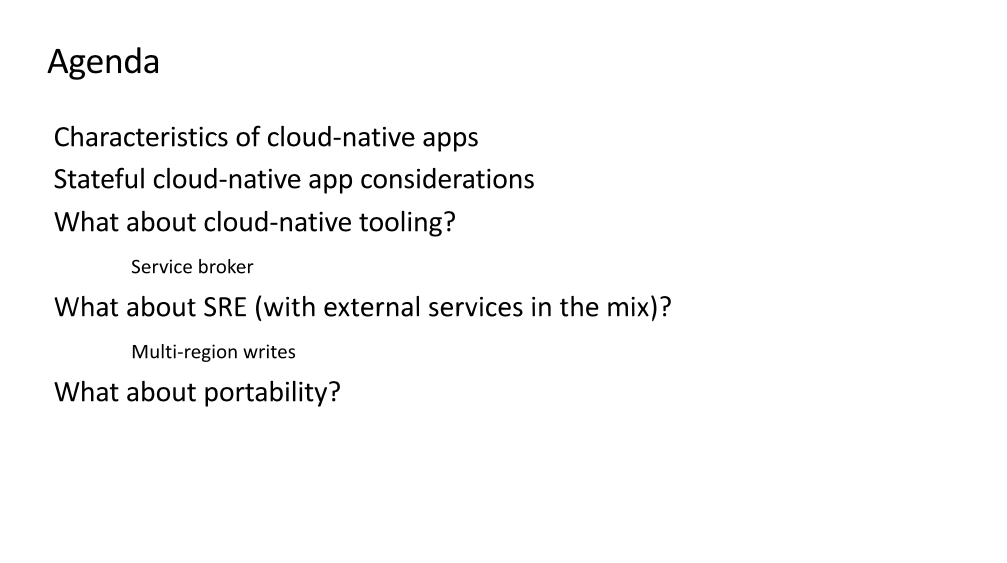
We started with a discussion of Cloud-Native Apps, along with a quick introduction to AKS and Cosmos. We quickly transitioned into stateful app considerations and talked about new stateful capabilities in Kubernetes including PV, PVC, Stateful Sets, CSI, and Operators. While these capabilities represent significant progress, they don’t match up with external services like Cosmos DB.
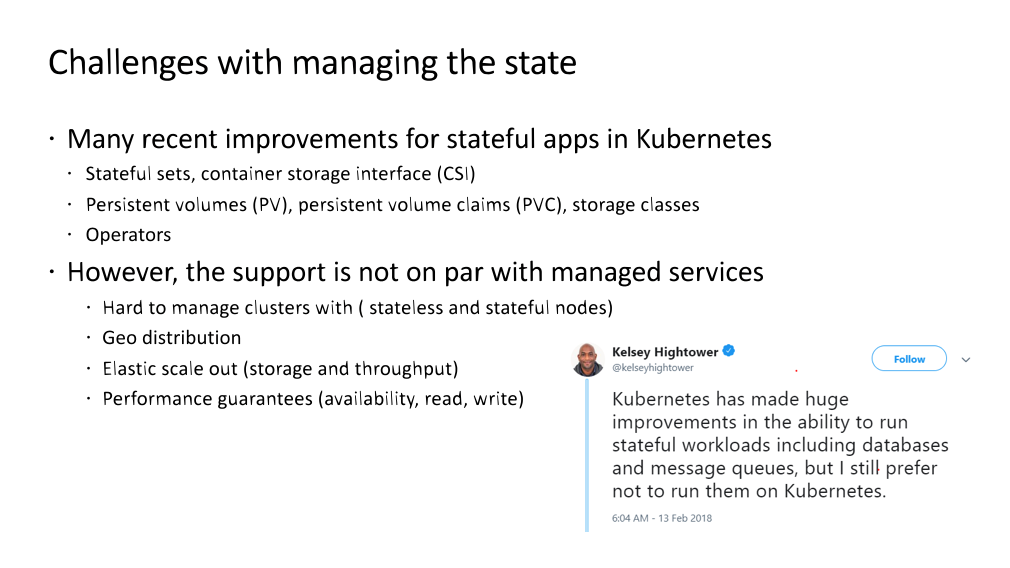
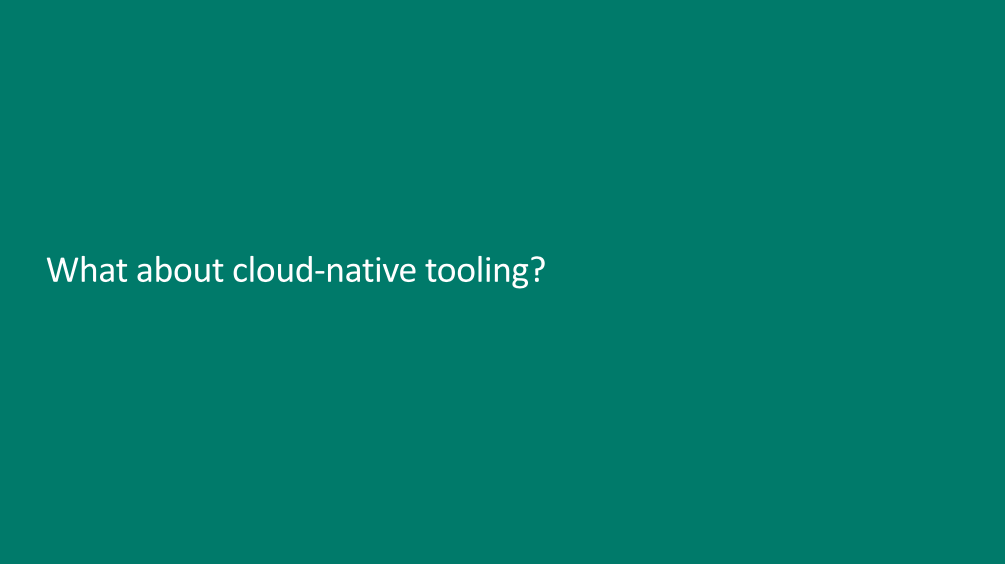
One option is to use Open Service Broker – It allows Kubernetes hosted services to talk to external services using cloud-native tooling like svcat (Service Catalog).
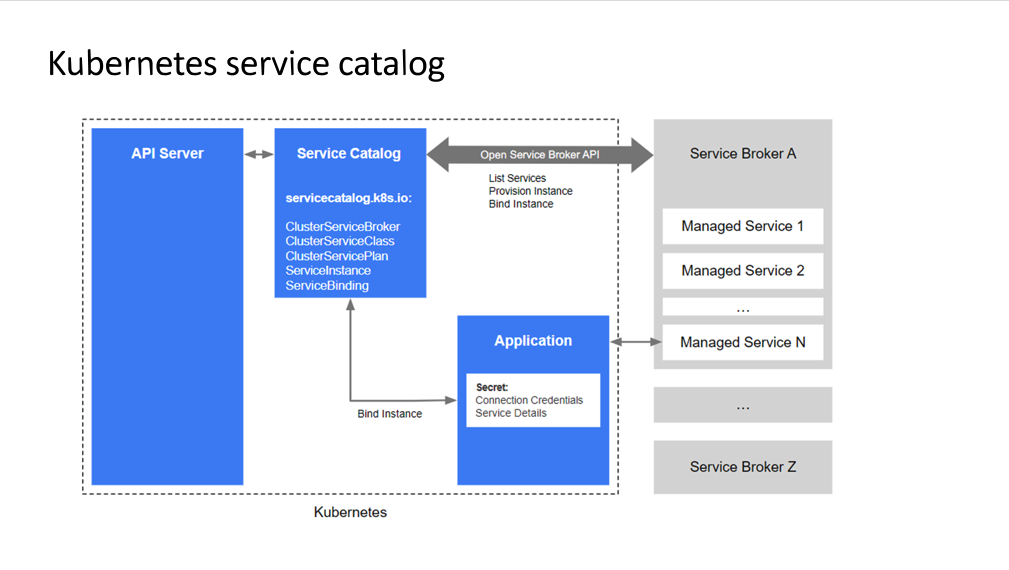
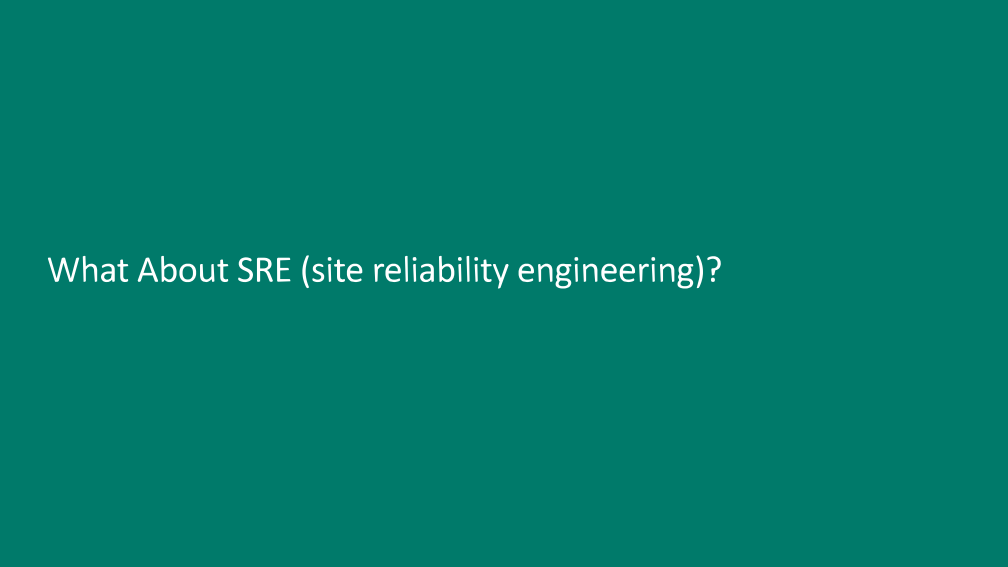
External services like Cosmos DB can go beyond cluster SRE and offer “turn-key” SRE in essence – Specifically, geo-replication, API-based scaling, and even multi-master writes (eliminating the need to failover).
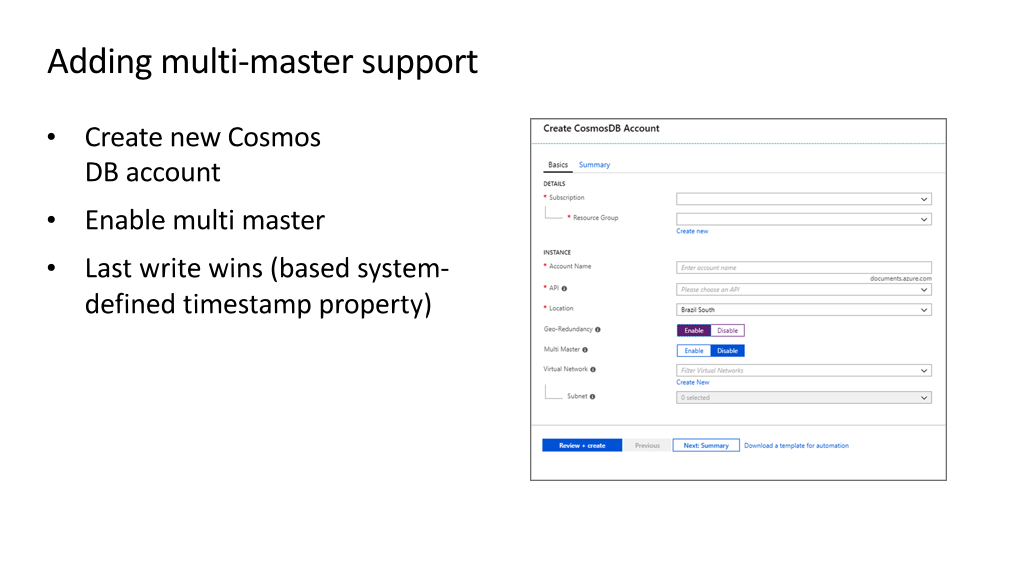
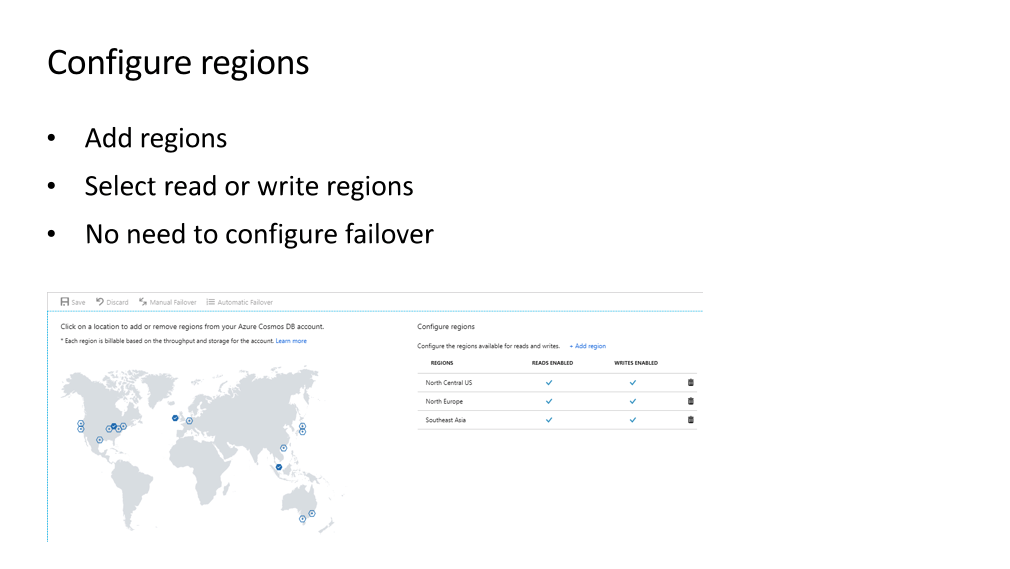

Since the Open Service Broker is an open specification, your app remains mostly portable even when you move to one cloud provider to another. OpenService Broker does not deal with syntactic differences, say connection string prefix difference between cloud providers. One way to handle these differences is to use Helm.
Learn more about my BUILD session:
Here you can find the complete recording of the session and slide deck: https://mybuild.techcommunity.microsoft.com/sessions/77138?source=sessions#top-anchor
Additionally, you can find the code for the sample I used here: https://github.com/vlele/build2019
WORK WITH THE BRIGHTEST LEADERS IN SOFTWARE DEVELOPMENT






